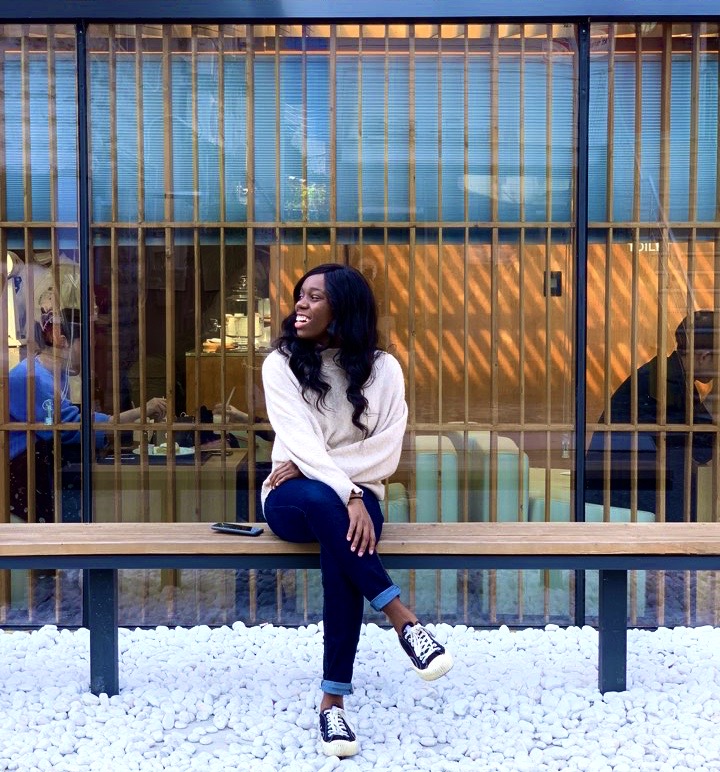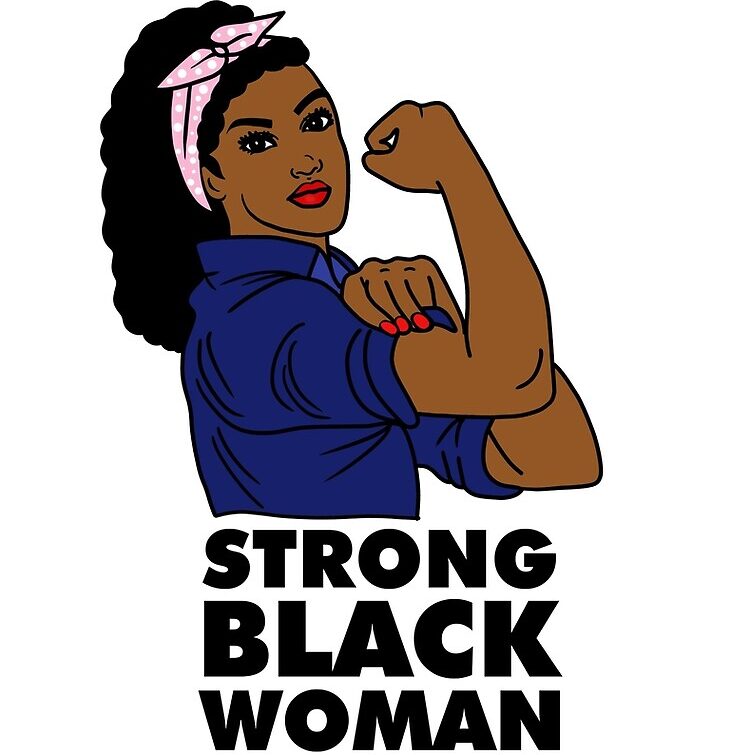“You’re a strong, black, independent woman who don’t need no man!”
A giggling boy shouted the words from across the school’s cafeteria. Now, I can’t remember why he said it, but I distinctly remember feeling intense displeasure hearing him vocalizing the words aloud.
His words, a knife, created a wound that has never quite healed.
I laughed along with the other kids hoping they didn’t sense my uncomfortableness as I tried to shrug off the words.
But the wound only festered, and here I am, ten years later, unpacking how deep the words wounded me.
The Indoctrination
The seemingly positive stereotype passed down from generation to generation created a mindset that, in my opinion, sometimes does more harm than good.
A mindset that we can do it all, we should do it all. An attitude compels society to see black women as something more substantial than superheroes – for even superheroes have weaknesses that allow them to be relatable to humans.
Black women, however, must be invincible, impervious to racism and other stressors placed on us, caretakers, and simultaneously desirable. We’ve somehow become more heroic than the fictional characters.
Ain’t that something?
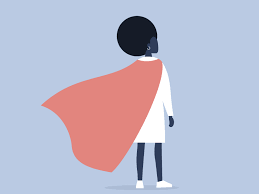
Ironically, the ‘strong black women’ stereotype, or as scholars have put it – the SBW Schema- is adopted within our community to help us cope in life. It became a mantra we tell ourselves to get through a tough day or pull ourselves back to our feet once knocked down. It developed into a title of excellence.
I still say the mantra when reminded of my parent’s words, “Being a black woman means you need to work twice as hard as any of your white peers to succeed in life.” A cruel yet predestined fate I, for an excruciatingly long time, saw no way out of.
As a result, I found myself trying to attain many things – independence, intelligence, constant cheerfulness, confidence, resilience, physical perfection, and a few other things.
The issue?
In an attempt to pursue this kind of constant perfection, I had no sense of relief. No turn-off button.
My biggest fear became failure.
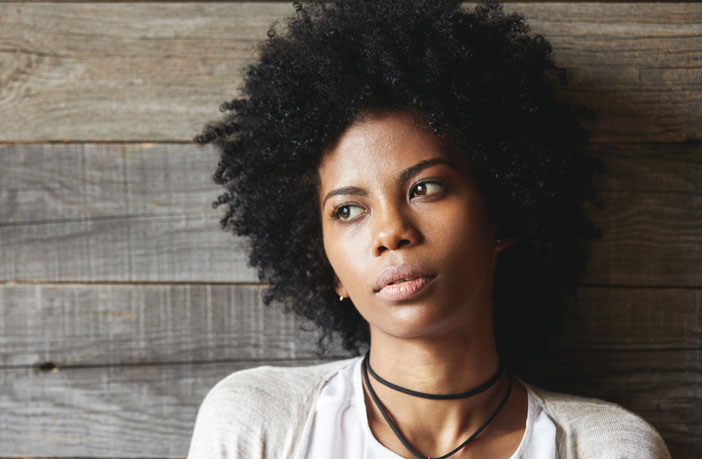
Failure meant I couldn’t do it all.
Failure meant I couldn’t survive.
The mantra that started as a simple “pick me up” to get me through the daily stressors of life, soon wrapped itself around me like a second skin that I couldn’t shake. It became my identity.
…But no more😤
Removing the Shackles
For the longest time, I loathed the term’ strong black woman’ due to the overwhelming pressure placed on my shoulders. I felt uncomfortable sharing my emotions for fear of others finding me to be secretly weak or incompetent.
I wasn’t sure how to get rid of the shackles that bound me. After all, I genuinely am a strong, black independent woman. Denying that would be like denying myself….right?
A Welcomed Realization
It wasn’t until I moved to Korea that I began to detach myself from the societal pressure that came with the stereotype. Here I started discovering just how deeply the mentality had affected my mental health.
I started to detach the strength and the independence aspect of my personality from my skin color and learn that my strength didn’t come from my color but from deep within. The distinction, at last, became clear –
I’m not strong BECAUSE I’m black.
I’m strong AND I’m black.
Now, the subconscious pressure that I place on myself is slowly disappearing.
Do I still hate the term? Sure, but it finally doesn’t grate my nerves as much.
During my time here, I am learning to pay more attention to my emotions and mental health.
Finally, the festering wound has started to heal.
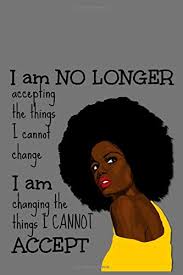
Sure,
- I am strong
- I am independent
- I am Black
But I’m so much more than that. Though these qualities are amazing, they shouldn’t define the person I am, they should help personalize me.
I still have a long way to go on my journey of self-acceptance, self-awareness, and self-respect in relation to my color and how I view myself in society. I’ve decided to start my journey to self-healing by learning to detach my skin color from my strength, vocalize my emotions and pain, and take the time to understand my self-worth and beauty.
Keep in mind, that no matter your background, ethnicity, or culture, the only thing that should be allowed to define you is your character. The kind of person you are, and the actions you show will eventually outshine the prejudice. It may take a while for the necessary changes to take place so I hope that right now if you are struggling with similar feelings as I am, you find your solace and know that you are not alone.
